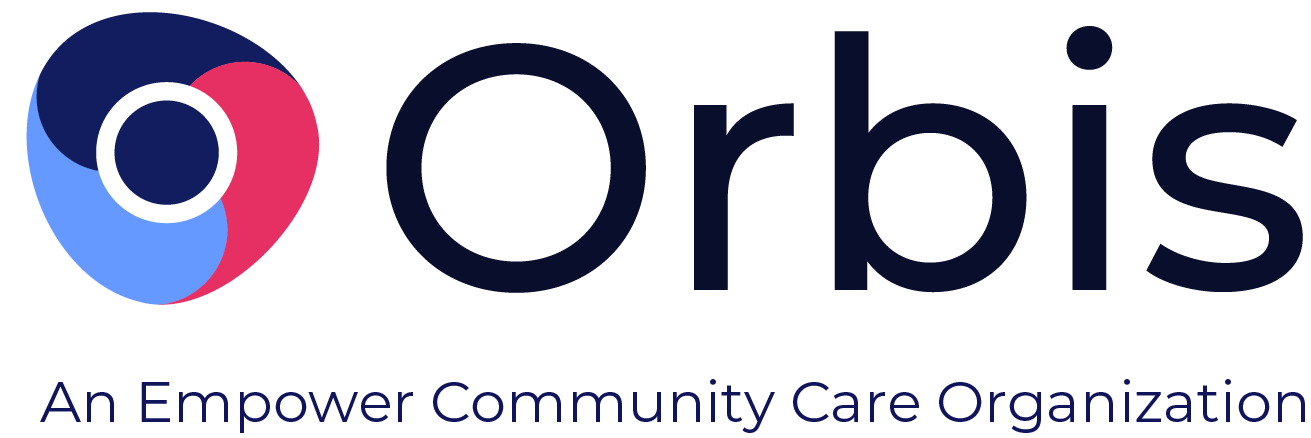Cognitive-Behavioral Therapy (CBT) is an intervention tool used to reduce delinquency and recidivism rates. It is based on the theory that our thoughts, attitudes, beliefs, and behaviors are intertwined. Put simply, CBT assumes our thoughts influence our actions.
CBT sessions aim to correct maladaptive thoughts and guide individuals toward healthier decision-making by helping them become more self-aware. Mental health professionals who study and practice this type of therapy believe that this increased awareness can help at-risk individuals develop productive coping strategies, self-correct problem behavior, and avoid encounters with the justice system.
Efficacy of Cognitive-Behavioral Therapy for At-Risk Youth
The National Institute of Justice (NIJ) reviewed 50 programs and eight “practices” (meta-analysis results) that use CBT as a form of intervention. They found that CBT programs consistently deter crime, help victims, and reduce recidivism.
Interestingly, the NIJ’s research suggests that CBT programs are more effective for youth than adults:
“Programs serving juveniles or both juveniles and adults were somewhat more likely to be rated ‘Effective’ than programs serving only adults. Seven CBT programs targeting only adults received a "Promising" rating, but only one was found to be ‘Effective.’”
This could be because adults have “deeply rooted cognitive processes” that are resistant to change. Furthermore, the NIJ found that CBT programs appear to be most effective at remediating “sex-related/sex offenders” (83.3% effective) and “corrections and re-entry” (71.4% effective).
Meanwhile, CBT “practices” that focus on six justice topics prove to be mainly effective or promising. The six topics and their efficacy are listed below:
- Helping crime victims recover from trauma (Effective)
- Treating sex offenders (Promising)
- Preventing truancy (Effective)
- Reducing substance abuse (Effective)
- Using incarceration-based adult therapeutic communities to prevent recidivism (Effective)
- Preventing domestic violence reoffending (No effects)
A report by the Center for Juvenile Justice Reform explains that there are two approaches to correcting maladaptive juvenile behavior: one features “external control techniques for suppressing delinquency” (discipline, deterrence through fear of punishment, and increased surveillance) while the other attempts to encourage behavior correction though “improved skills, relationships, insight, and the like.”
The latter approach includes programs that help at-risk youth build skills through cognitive-behavioral techniques, socializing, and vocational training.
Mark W. Lipsey from the Peabody Research Institute studied how each approach affects recidivism rates. He found the following to be true:
- When it comes to reducing recidivism, discipline and deterrence have a negative effect. In other words, they increase reoffence rates.
- Surveillance reduces recidivism by about 6%.
- Skill building effectively reduces reoffence rates by over 10%.
Implementing CBT in the Juvenile Justice System Presents Challenges
According to Department of Justice data, young people have the highest recidivism rates – 78% of youth are rearrested within three years of release.
A Harvard Kennedy School Program in Criminal Justice Policy and Management study states that “young adults have been shown to be more behaviorally impulsive in emotionally charged situations; more susceptible to peer influence; less future oriented; and greater risk takers, especially in the presence of peers.” It continues to explain how as youth develop and their lives stabilize, due to factors such as relationships and job success, offending and reoffending rates decline.
This suggests that providing youth with the tools for success early in life can help deter harmful behavior and reduce recidivism before they reach adulthood.
Although there are cases of successfully implementing CBT into the juvenile justice system, there are loopholes, systemic pushback, and associated challenges. For example, the Juvenile Justice Delinquency Prevention Act (JJDPA) attempts to establish specialized juvenile programs and standards with four core requirements:
- Deinstitutionalization of Status Offenders (DSO)
- Adult jail and lock-up removal (youth cannot be detained in adult jails or lock-ups, with exceptions)
- “Sight and sound” separation of juveniles from adults (youth offenders cannot share detention spaces with adults)
- Address disproportionate minority contact.
A JJDPA amendment creates a loophole for DSO, which allows judges to institutionalize youth for a status offense if it violates a Valid Court Order (VCO). This means a justice-involved youth could be convicted of a criminal act by skipping school or running away from home and could be held in a secure facility.
According to the Coalition for Juvenile Justice, 16 states reported between 1 and 100 uses of the VCO and 8 states reported more than 100 uses, with Washington having the most (1,723). It should be noted, however, that Washington phased out the state’s use of VCO on July 1, 2021.
As many states still utilize this loophole, it puts thousands of children at risk of entering the criminal justice system. Incarceration exposes young status offenders to individuals who have committed more serious crimes and limits access to treatment, which can lead to increased and/or deeply seeded criminal thoughts, thereby complicating CBT reform.
The Need for Cognitive-Behavioral Therapy
A large body of research supports the benefits of CBT for at-risk youth, including the National Institute of Justice:
“Cognitive Behavioral Therapy has been found to be effective with juveniles and adults who have committed an offense; substance abusing and violent individuals; and people on probation, persons who are incarcerated and those on parole. It is effective in various criminal justice settings, both in institutions and in the community, and addresses a host of problems associated with criminal behavior. For instance, in most cognitive behavioral therapy programs, participants improve their social skills, means-ends problem solving, critical reasoning, moral reasoning, cognitive style, self-control, impulse management and self-efficacy.”
Therefore, CBT programs should be used more frequently. This can be achieved with evidence-based organizations, like Orbis Partners, and policies and interventions in the justice system.
Cognitive-Behavioral Programs from Orbis Partners
Cognitive-behavioral programs help justice-involved clients become aware of the impact of attitudes, values, and beliefs on behavior and provide clients with the skills and personal strategies necessary to disrupt adverse behavioral patterns. During the last 25 years, there has been an explosion of research to support the use of evidence-based practices in juvenile and criminal justice services. Arguably, the most widely used and studied of these practices is Cognitive-Behavioral Intervention (CBI). Variations of CBI programs have been adopted across correctional settings to reduce recidivism and to address specific issues such as – substance abuse, violence and aggression, depression, gang involvement, and other problematic behaviors and symptoms.
Orbis offers a two-day Cognitive Behavioral Primer (CogPrimer) training to help teach staff in criminal justice settings how to implement a variety of cognitive-behavioral methods and strategies in both group and individual contexts.
During this participatory training, participants will be immersed in the research and theory underlying the use of CBI and a variety of cognitive-behavioral interventions including:
- Cognitive restructuring or reframing
- Cognitive skills
- Mindfulness practice
- Journaling and thought records
Additionally, Orbis offers a gender-informed cognitive-behavioral program for at-risk girls between the ages of 12 to 21 years, Girls...Moving On (GMO). GMO uses a number of complementary approaches including cognitive-behavioral and strength-based interventions to help young women develop new skills and resources.
By using Cognitive Behavioral Therapy tools and building healthy connections, youth can have the necessary support to create and realize a new vision for the future.
Orbis Partners provides solutions for criminal justice and human services systems, specializing in designing and implementing services for at-risk client groups. For more information about cognitive-behavioral interventions, visit our Evidence-Based Interventions page by clicking here.


